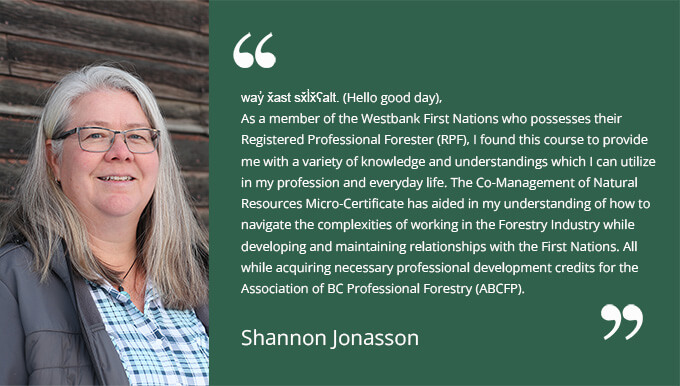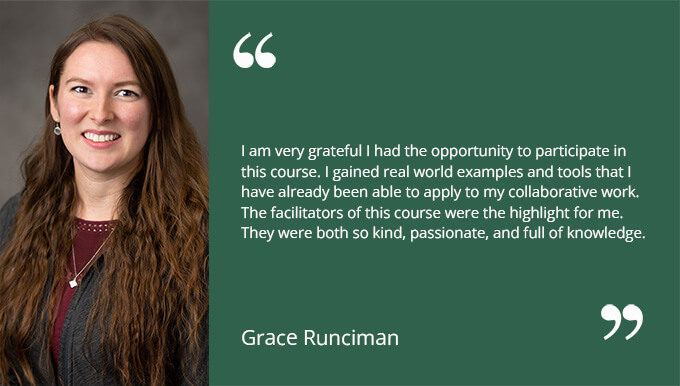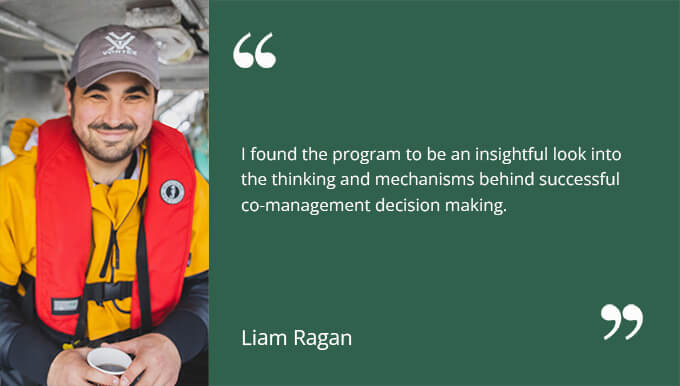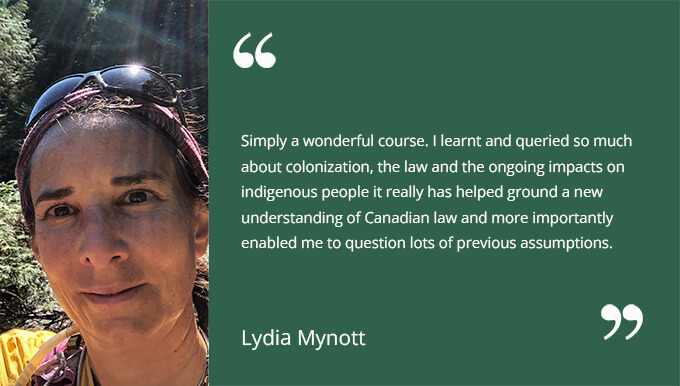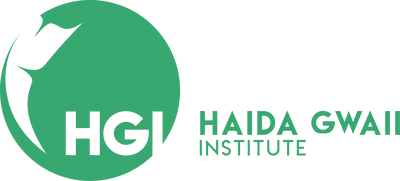What is the Co-Management of Natural Resources (CNR) Micro-Certificate?
The UBC Haida Gwaii Institute’s Micro-Certificate is a flexible online program that provides Indigenous and non-Indigenous professionals with an opportunity to gain the competencies required to build and implement tools and strategies for advancing co-management initiatives, institutional and relational change, and intercultural understanding.
Why Choose the CNR Micro-Certificate?
CNR recognizes that many Indigenous communities are seeking greater access to forest tenure in their traditional territories to create economic opportunities for their communities and want a greater say over forest activities occurring in their region in order to manage the complex social concerns of their communities. In addition, Crown governments are working to advance reconciliation and renew relationships with Indigenous peoples. As such, co-management has become an area of increasing interest. This appropriate shift in natural resource management will create increased opportunities for intercultural partnerships.
CNR will develop skills and competencies for both Indigenous and non-Indigenous professionals to make these partnerships successful and mutually beneficial. CNR brings together multiple perspectives, such as Indigenous and Western knowledge systems, to help build more durable solutions to natural resource management conflicts. The program is grounded on the Calls to Action of the Truth and Reconciliation Commission (TRC) and the United Nations Declaration on the Rights of Indigenous Peoples (UNDRIP).
What Will You Learn?
This flexible online program is rooted in real-world applications, focusing on case studies from Haida Gwaii and around the world. The CNR program provides the participants with the opportunity to:
- Build professional and personal skills and competencies to work more effectively at the interface of Indigenous and Western knowledge systems
- Understand and explain the challenges of addressing historical and systematic inequalities and analyze the practical importance of learning from institutional failures and mistakes
- Identify and explain the implications of key legal precedents in Aboriginal law in Canada for business practice, policy development and intercultural relationships
- Understand and explain the existence of Indigenous systems of law and governance in a Canadian context including Aboriginal rights and title
- Understand and explain the Indian Act, Truth and Reconciliation Commission, and United Nations Declaration on the Rights of Indigenous Peoples
- Develop strategies for creating and/or advancing co-management initiatives in their own professional contexts
Who Should Register?
Registration is open to all public, private, and non-profit sector professionals who are interested in professional training and development in the area of co-management. While the CNR program is based in a natural resource context, the key learning and foundational concepts of co-management, engagement, building relationships, creating change in complex systems can be applied in other industries and sectors.
Employment opportunities
- Indigenous, federal, provincial, and municipal governments (managers, planners, and policy analysts)
- Natural resource management industry
- Community/urban resource management (technicians, planners, managers)
- Cities and communities
- Private sector—natural resource management consultants
- Non-governmental organizations

